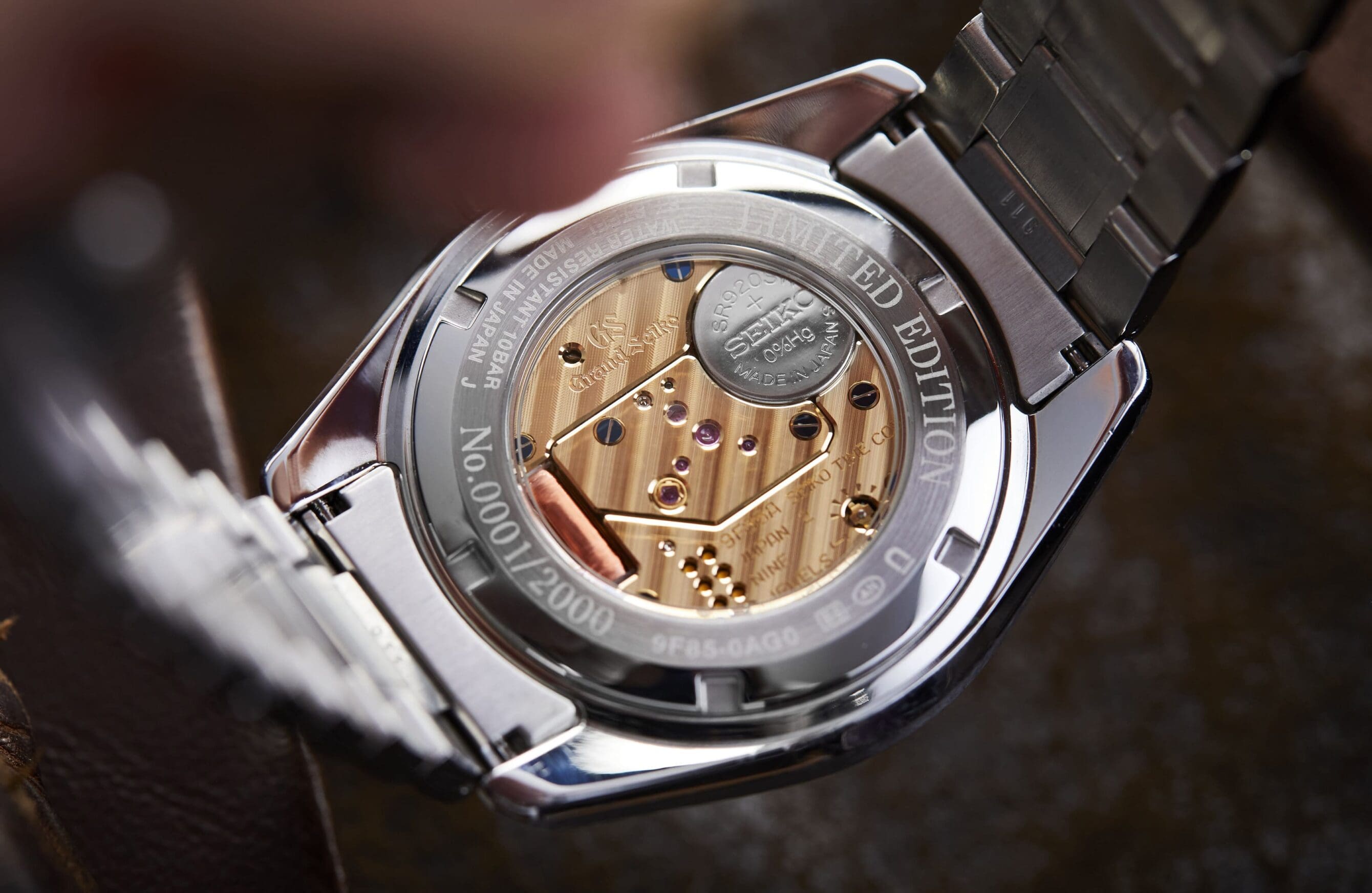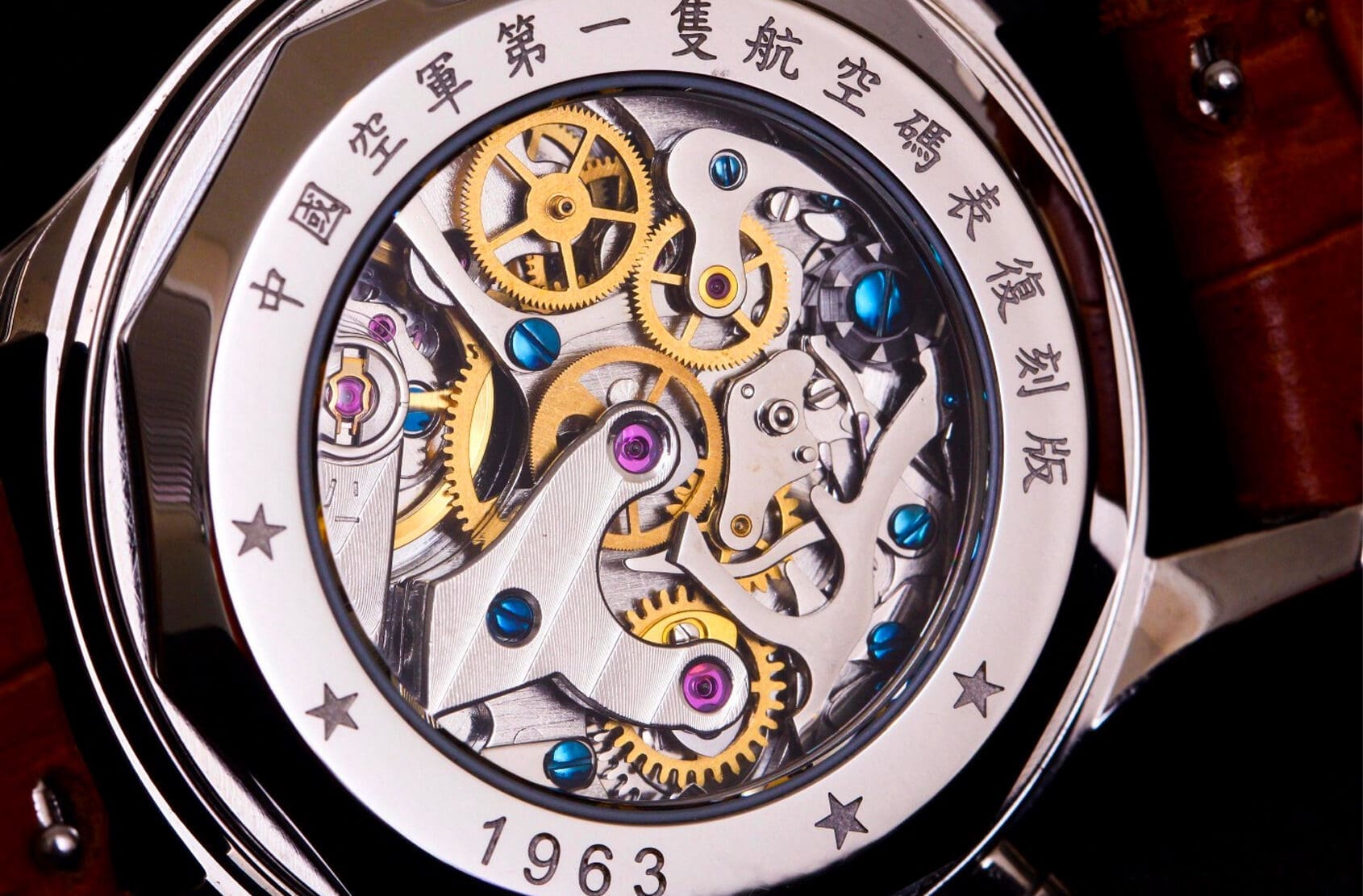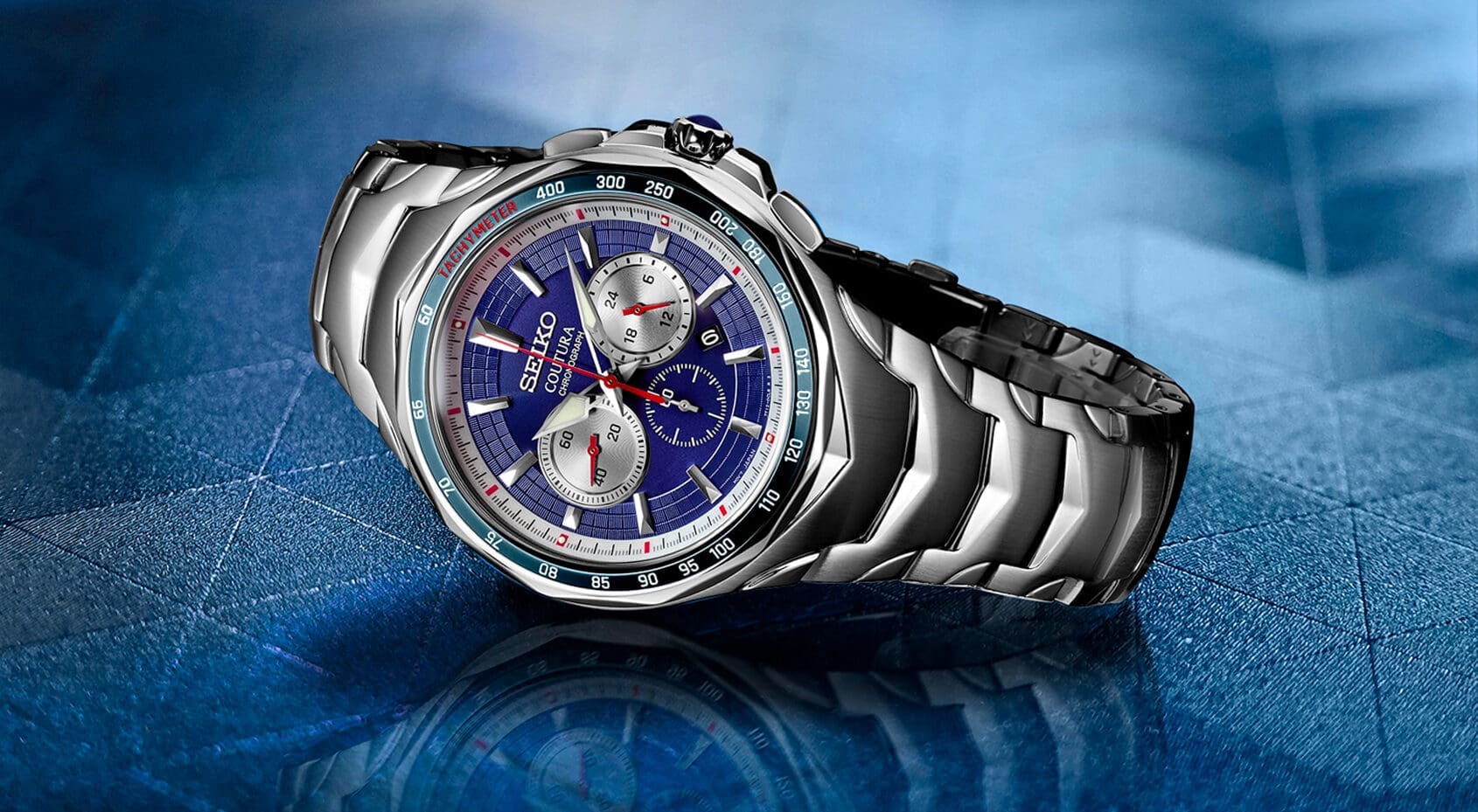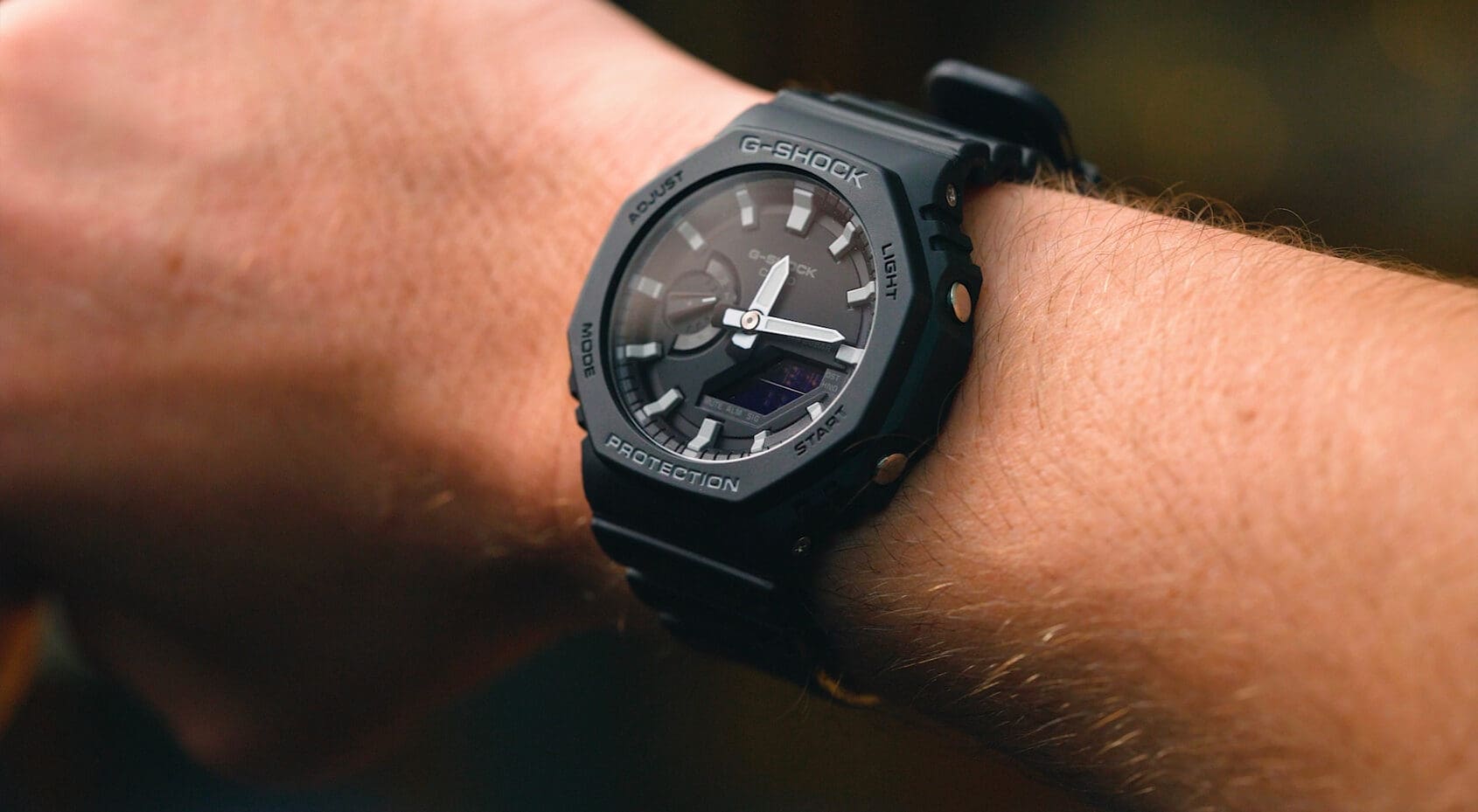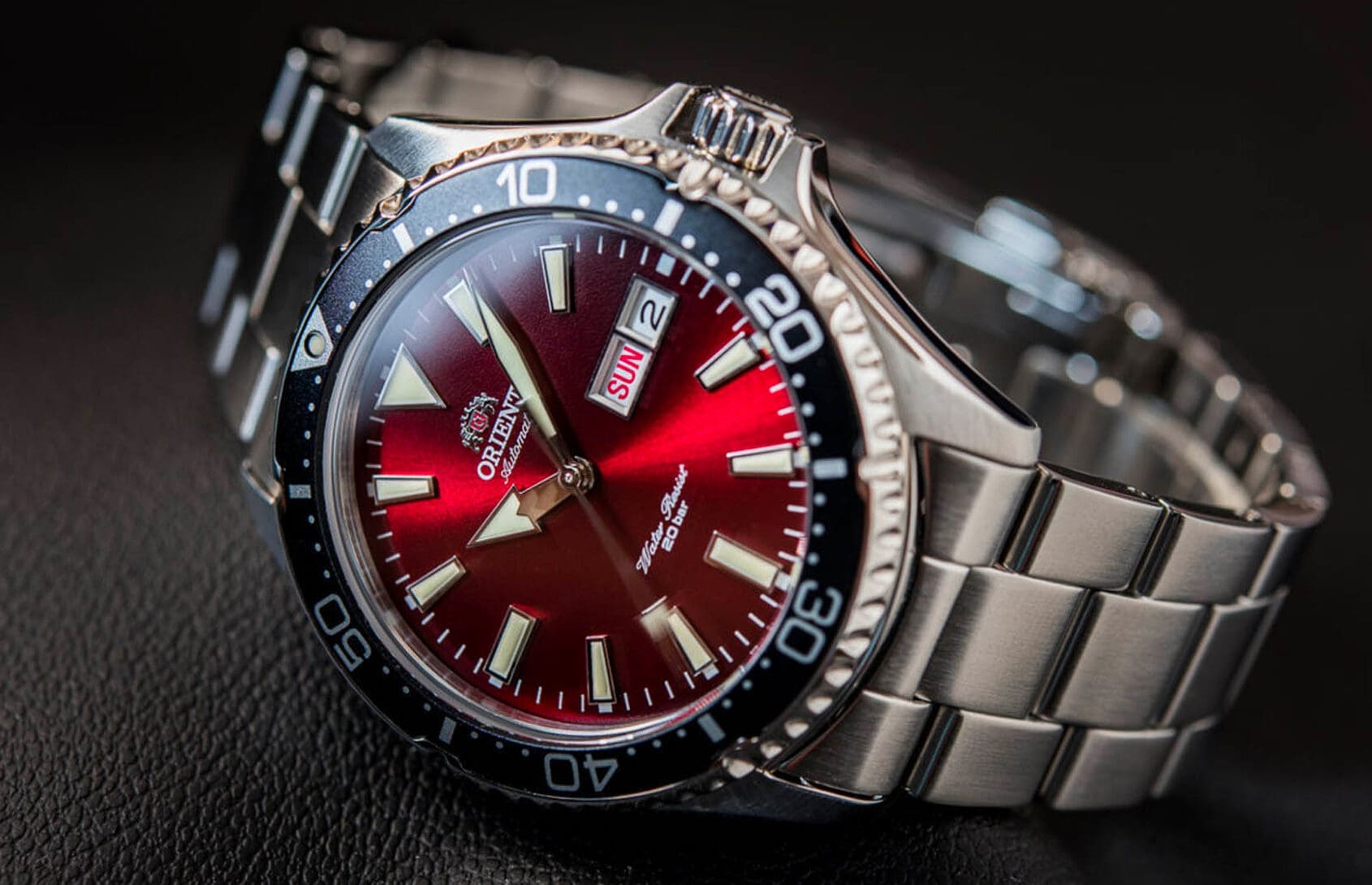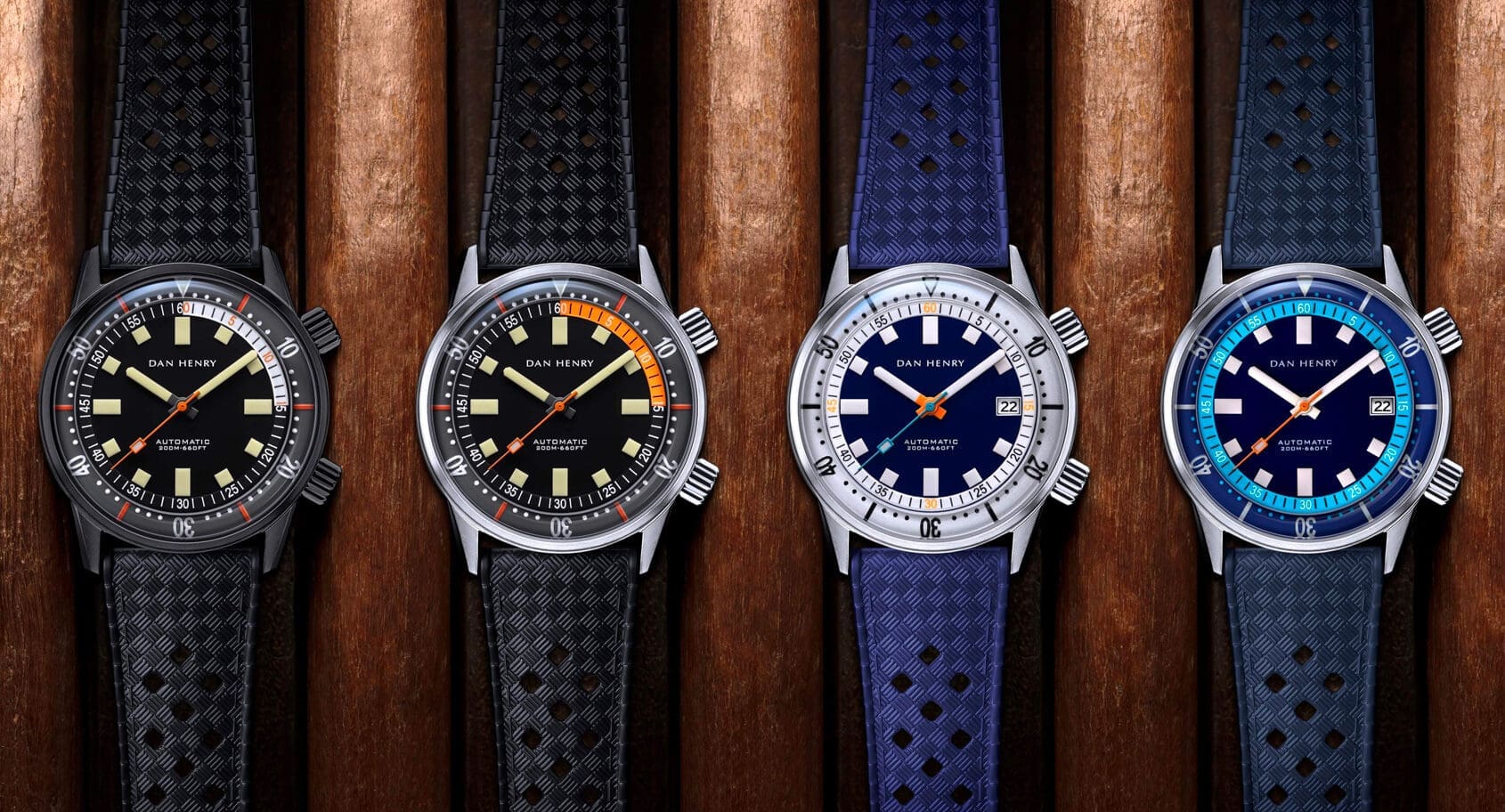Should you buy a low-end mechanical or a high-end quartz?
Fergus NashWatch shopping on a budget can be extremely frustrating, not least because of watch media outlets like ours that routinely describe watches costing well over $1,000 as “affordable” or “attainable”. The truth is that affordability is all relative, and the lower your budget, the more decisions there are to make. Competition has never been tougher between the big-name brands that have delivered value for decades and the Kickstarter upstarts providing otherworldly specs for the money. With all this in mind, should you go for an entry-level mechanical or a higher-end quartz watch?
We all know that quartz movements are cheaper to produce than mechanical movements, right? Well, the truth is a little more complicated than that. Since the popularisation of quartz technology in the 1970s and ‘80s, the lower component count of a quartz movement meant that they could be churned out quicker and with less assembly headaches than a mechanical one, and this all but destroyed the mechanical watch industry. In the modern age, production technology has come a long way thanks to computer-aided design and manufacture, antiquating the idea of the wizened Swiss elder machining base plates in a mountain cottage. A mechanical movement is definitely still more complex, but the mass-produced options can now be bought for less than the cost of a fancy burger.
Even though quartz is by and large a cheaper technology, it begs the question, is cheapness what you really want? Shopping on a budget should be about finding the watch that’s right for you, that delivers on as much value for money as possible. If you’re looking for something with exceptional quality as its focus, you may find that some quartz options are actually in another league when it comes to finishing. With less budget allotted to the calibre, companies can afford to spend a lot of extra time finessing the details of the case, dial and bracelet especially.
If functionality is important to you, then mechanical calibers barely stand a fighting chance. Below around $500 AUD, you can probably find some mechanical complications like chronographs, calendars, and maybe a GMT or two, but quartz watches are the only choice for pure pragmatism. Even if you exclude the myriad of complications available on either analogue or digital watches, the fundamental purpose of timekeeping is always going to be more reliable and user-friendly than a watch you have to wind daily and re-set the time on. Nobody enjoys needing to check their smartphone directly after looking at their watch because they don’t trust that it’s still in sync.
Finally, despite quartz winning on a lot of logical fronts, there is the romantic side of the watch hobby which doesn’t listen to logic. A mechanical watch, no matter how cheap, has a direct lineage to some of the most historically important horological achievements. Each component from automatic winding rotors to the shock protection of the bearing jewels represents another leap forward from the days of sundials, without crossing that electronic threshold of cognitive dissonance which cuts off the vintage allure. Even though Meca-Quartz movements can offer the benefits of quartz with the sweeping seconds hands of mechanical, you don’t quite get that deep-down feeling of connection that a spring-driven movement grants.
Once you’ve decided which avenue you want to go down, there are still some universal tactics to budget watch shopping. Regardless of the movement, always be looking for where those costs were cut and how that may affect your attachment to the watch. Never settle for a purchase if you feel there are some boxes that aren’t ticked, because if you end up selling the watch then it’s unlikely to have held as much value as a more expensive piece. Most importantly, enjoy the hunt!




